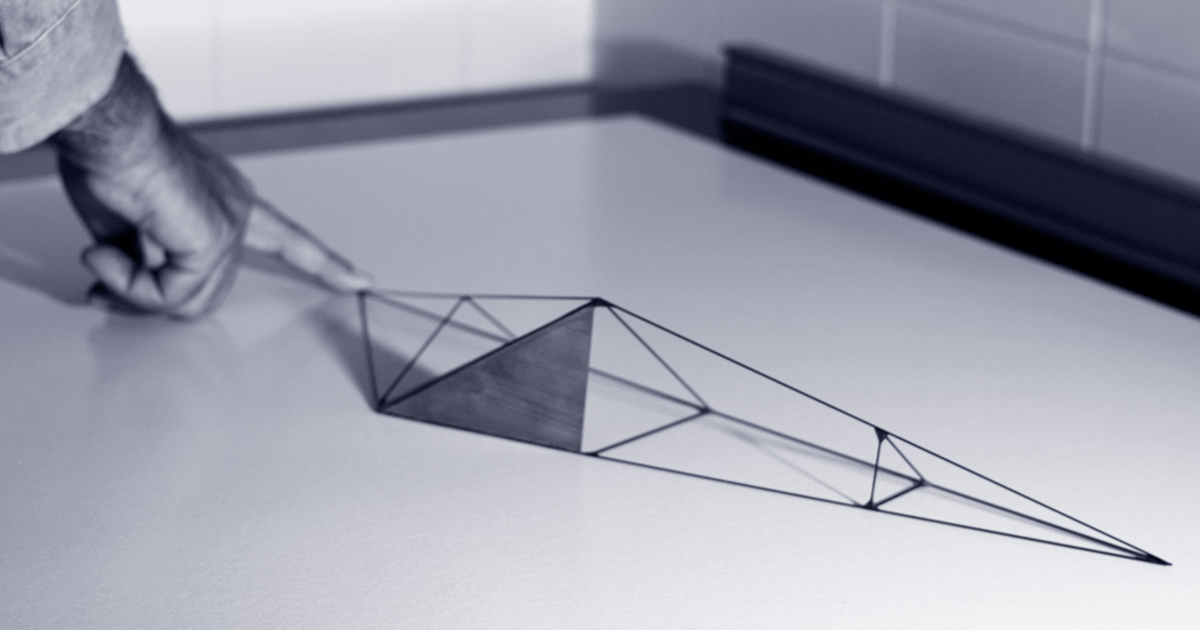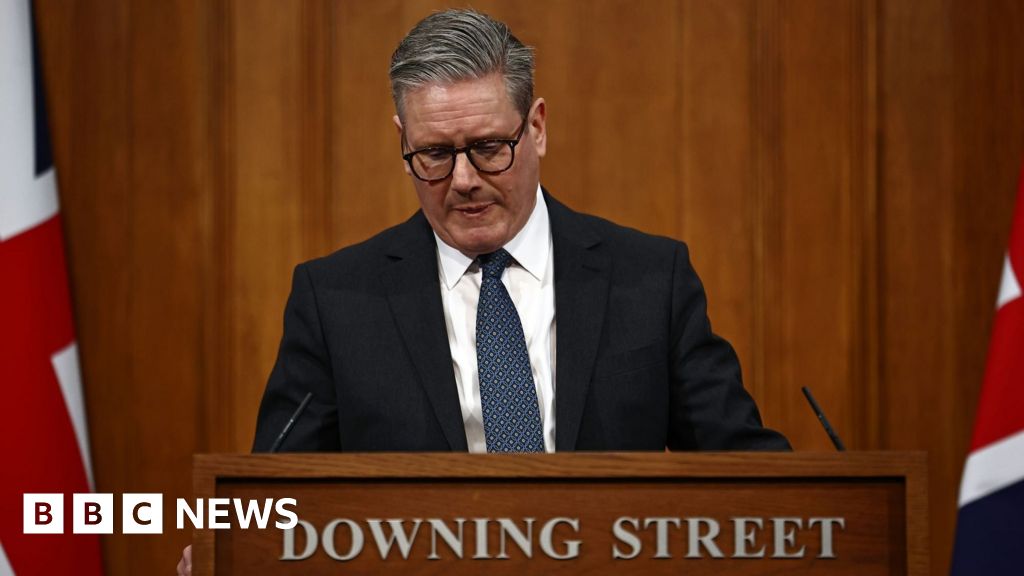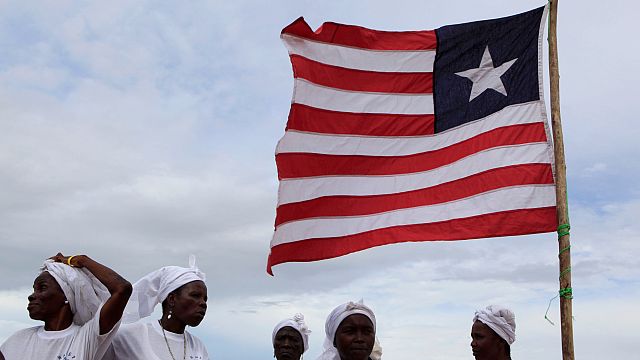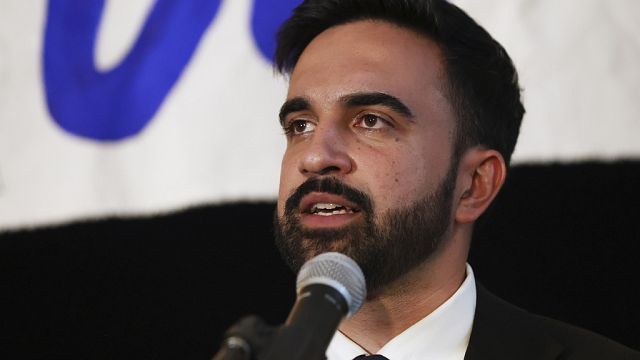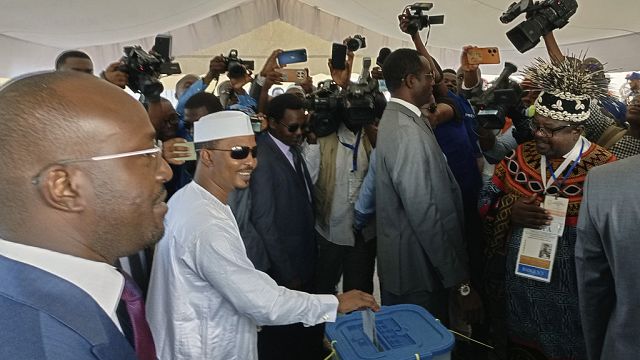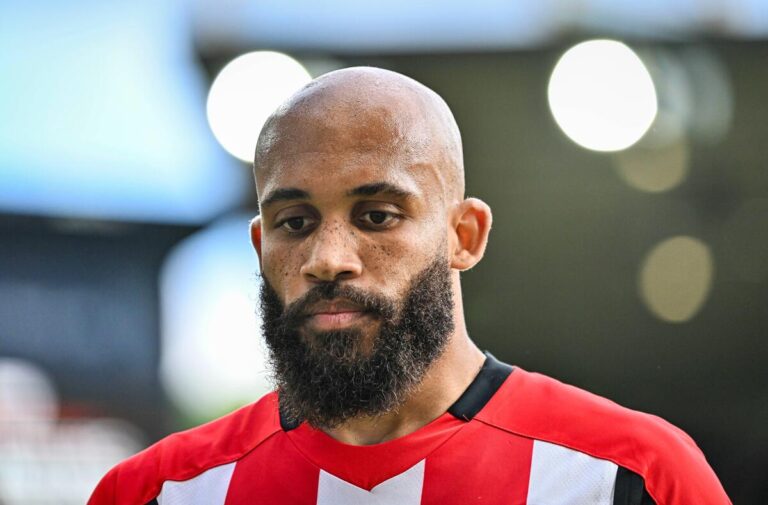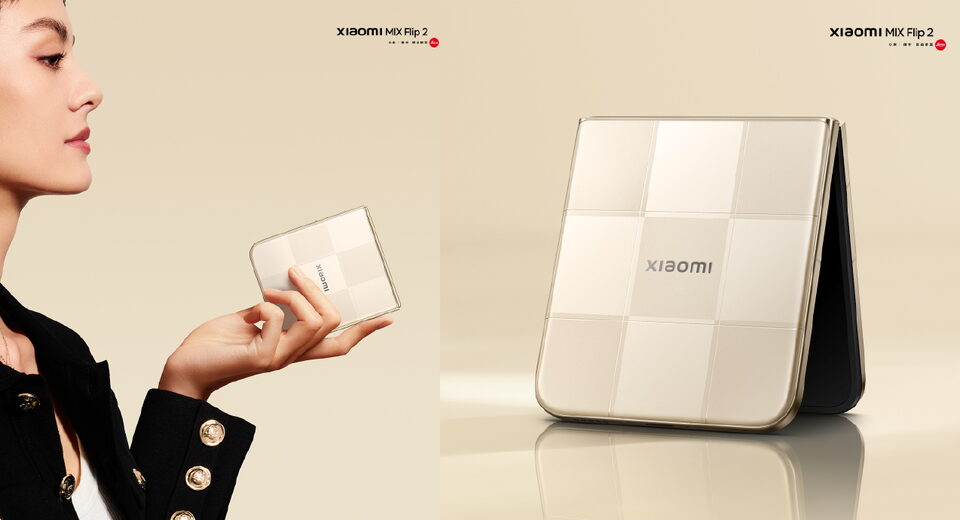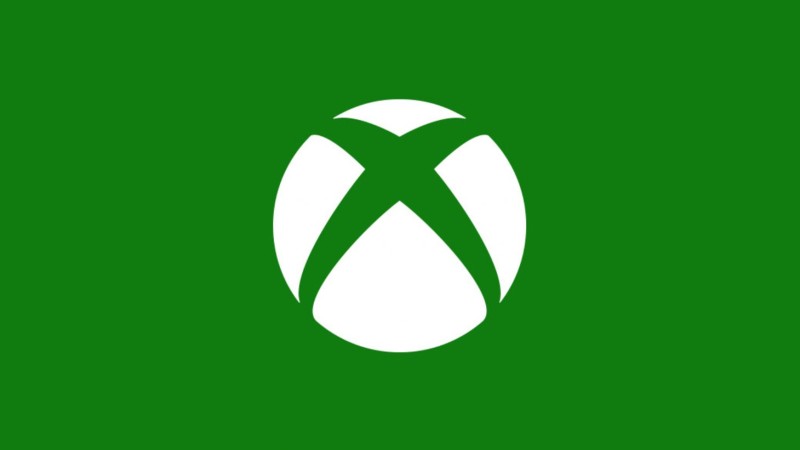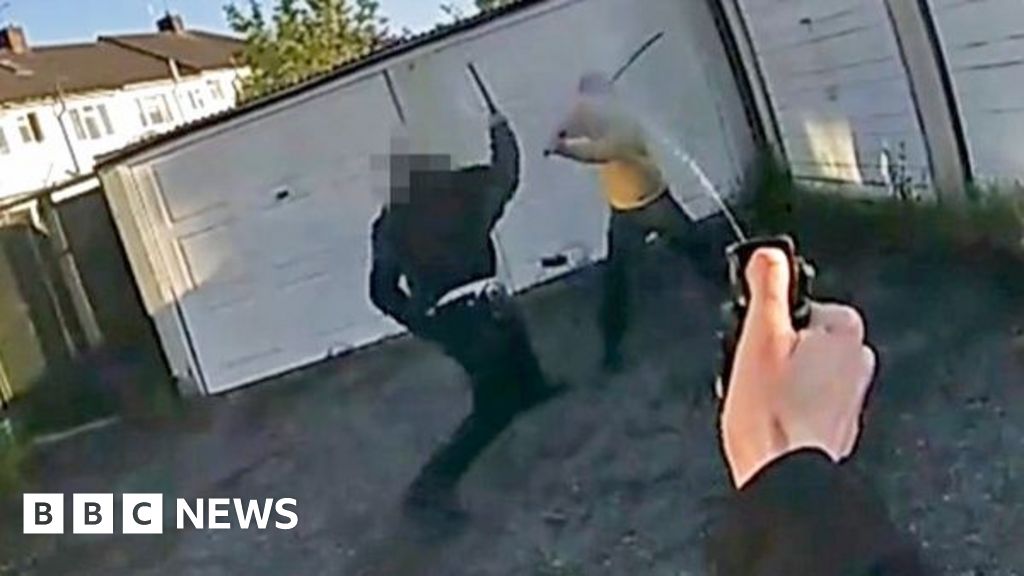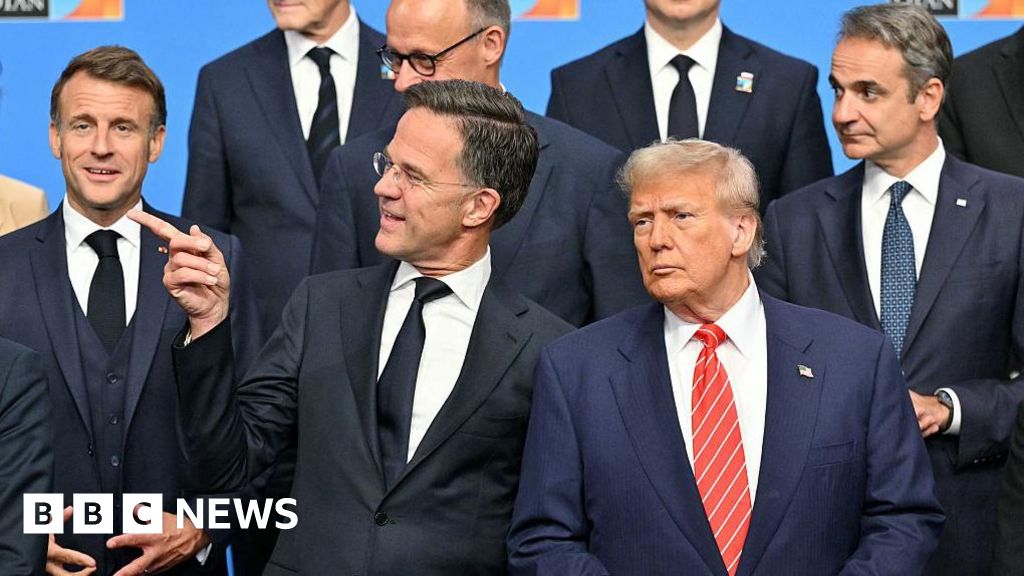Trump’s Name Could Adorn Tel Aviv Hotel, Becoming a Symbol or a Target


The Trump Organization’s preliminary talks this spring about affixing its brand to a tower near a recent missile strike highlight the complexities of its international deal-making. On the first night that Iran sent missiles whistling across Tel Aviv, one struck deep in a trendy neighborhood that is home to the Israel Defense Forces headquarters, two luxury shopping malls — and a soaring hotel that has caught the eye of President Trump’s family. Iran’s counterstrikes on June 13, in retaliation for Israel’s assault on its nuclear program, littered the city’s Sarona neighborhood with smoke and ballistic debris. It also broadcast the complexities that the Trump family business faces as it continues its international deal-making. This spring, Eric Trump, the president’s son who runs the Trump Organization, discussed a potential partnership with the owners of the Sarona district hotel now under construction, according to people involved in the talks and records reviewed by The New York Times. The possible deal would likely allow the Trumps to manage the property — a rising tower of twisting glass and steel that will become Tel Aviv’s tallest hotel once it opens — and affix their name to the city’s skyline. The talks were preliminary and occurred weeks before the Iranian missile landed just steps from the hotel. Even after Mr. Trump announced a cease-fire, it is possible that his family business will steer clear of Tel Aviv while the region remains on edge. “Israel has always been a market we would love to explore, but we have no plans at this time and any discussions have been strictly preliminary,” Eric Trump said in a statement. Still, in a virtual meeting with Israeli real estate executives in April, he opined that the building had the feel of a Trump property and would benefit from adding floors of high-value residential units on top of the hotel, said one of the people involved, who spoke on the condition of anonymity because he was not authorized to discuss the negotiations. Mr. Trump, the second of the president’s three sons, also stressed that he planned to sign at least one deal in Israel by the end of the year. The discussions underscore the ethical and security perils of the Trump Organization’s international expansion, a moneymaking operation that has merged personal and presidential interests in ways without precedent in modern American history. If a deal in Israel came to fruition, and a Trump hotel eventually towered above a war zone, the president’s foreign policy could alter not only the fate of the region but also his own finances. Even if his company passes on the Tel Aviv project, it has already struck an array of deals in other Middle Eastern countries essential to American foreign policy interests. In the seven months since Mr. Trump’s election victory, his company has licensed the family name to luxury properties in Saudi Arabia, the United Arab Emirates and Qatar, where the government intervened on behalf of the Trump administration and persuaded Iran to agree to the cease-fire with Israel. More deals are coming, according to people with knowledge of the matter. The Trump Organization told the Israeli real estate executives that it had about 30 potential deals in its pipeline. Many of them are international. Yet President Trump’s decision to join Israel’s bombing campaign against Iran over the weekend could complicate his business interests in the region. Iran on Monday launched a retaliatory attack on an American base in Qatar, where the Trump Organization is in a partnership with a company led by a government minister. Any Trump-branded property “is clearly at risk of becoming a target,” said Peter Bazeli, managing director of Weitzman, a real estate advisory firm. “It’s not only at the center of the U.S. government, but it also hits the president’s pocketbook.” For nearly two decades, the Trumps have sought to raise a banner in Israel, a largely untapped market for American hoteliers that has long faced a shortage of hotel rooms. Although tourism plummeted amid the pandemic and the war in Gaza, domestic demand for hotels remains strong, according to Israel’s Central Bureau of Statistics. But until now, ethical and security concerns had stymied some of the Trump family’s Israeli pursuits. After Mr. Trump’s 2016 election victory, his company retreated from a 61-story hotel and residence project because, as Eric Trump told The Times in 2017, “you can’t build the tallest building in Tel Aviv and try to negotiate peace in the Middle East.” He tried again after his father’s 2020 election loss, The Times has reported, nearly striking a deal for a Jerusalem hotel with the Nitsba Group, an Israeli real estate company run for years by Haim Tsuff and Kobi Maimon, an oil tycoon with ties to the country’s political elite. The two sides had “agreed about the price and almost everything” on the Jerusalem property, Mr. Tsuff told The Times last year, but the Trumps said they pulled back after Hamas’s attack on Israel in October 2023. The Tel Aviv property that the Trumps expressed interest in this spring, currently called the Sarona Hotel, is also owned by Nitsba. In an email, Mr. Tsuff, chairman of the controlling shareholder of Nitsba Group, declined to comment on the negotiations. The Sarona will have a Trumpian extravagance to it. Architectural renderings show it split into two levels. The first features three restaurants, a spa, indoor and outdoor pools, a ballroom and hundreds of rooms and suites. The second contains a V.I.P. lobby, lounge and pool, as well as a corner presidential suite. A sky lobby and a roof garden crown it all. The Sarona’s presence on the skyline will be staggering compared with most Israeli hotels. Tel Aviv in particular is dominated by boutique properties, and most of the luxury hotels that line its beachfront are aging, with fewer than half the number of rooms of the Sarona. Once construction is complete, the building will have 800 rooms and suites, the most of any hotel in Israel. But Eric Trump has also signaled that he wants the building to soar much higher than the current plan of 47 floors if he brings the Trump brand to Tel Aviv. In their April meeting, Mr. Tsuff indicated that he might be able to add 12 extra floors, a possibility that interested Eric Trump, who discussed using the space to build residences, according to a person close to the negotiations. He also contended that Nitsba’s chances for getting a zoning request approved would rise if it teamed up with the Trump family, which he noted is broadly popular in Israel. Yet a move like that would require the city to make an exception to local zoning laws. The building lies in the flight path of Ben Gurion Airport, where there are strict regulations on building height. Any exceptions require coordination and approval from Israel’s Civil Aviation Authority, and such requests are common near the Sarona, according to Moti Shmueli, the director of the authority’s aviation infrastructure division. “It’s the heart of Tel Aviv,” he said.
What's Your Reaction?
 Like
0
Like
0
 Dislike
0
Dislike
0
 Love
0
Love
0
 Funny
0
Funny
0
 Angry
0
Angry
0
 Sad
0
Sad
0
 Wow
0
Wow
0
